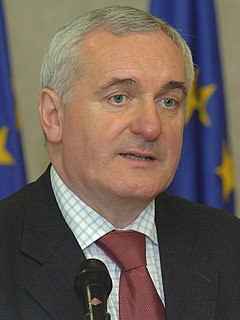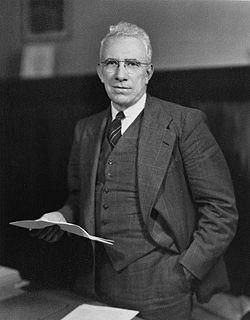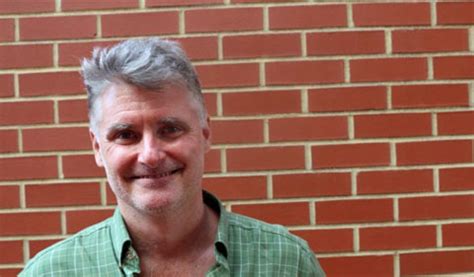A Quote by Guy Standing
Using political power, the elite can induce local authorities to facilitate enclosure and privatisation of land, water, and other hitherto public amenities. And they can pressurise public administrations to cut taxes, reducing financial resources for maintaining the remaining commons.
Related Quotes
More directly linked to the impact of technology, it involves the gradual appearance of a more controlled and directed society. Such a society would be dominated by an elite whose claim to political power would rest on allegedly superior scientific know-how. Unhindered by the restraints of traditional liberal values, this elite would not hesitate to achieve its political ends by using the latest modern techniques for influencing public behavior and keeping society under close surveillance and control.
I regard the state of which I am a citizen as a public utility, like the organization that supplies me with water, gas, and electricity. I feel that it is my civic duty to pay my taxes as well as my other bills, and that it is my moral duty to make an honest declaration of my income to the income tax authorities. But I do not feel that I and my fellow citizens have a religious duty to sacrifice our lives in war on behalf of our own state, and, a fortiori, I do not feel that we have an obligation or a right to kill and maim citizens of other states or to devastate their land.
Community after community is rising up, ranchers, developers, environmentalists, and local commissioners, all saying this is not the best use of our public lands. It is a story that is largely unknown in the rest of the country. It is a disturbing and community-destroying example of domestic imperialism being waged against people in places deeply connected to the public lands that are our public commons. The Bush energy policy is a short-term strategy based on corporate greed instead of a sustainable vision of what best supports local economies and healthy ecosystems.
The central base of world political power is right here in America, and it is our corrupt political establishment that is the greatest power behind the efforts at radical globalization and the disenfranchisement of working people. Their financial resources are virtually unlimited, their political resources are unlimited, their media resources are unmatched, and most importantly, the depths of their immorality is absolutely unlimited. They will allow radical Islamic terrorists to enter our country by the thousands.
Think of a public library, worth more for those who cannot afford numerous books. Think of a public waterway or fishing ground. All types of commons have imputed monetary value that together comprise a source of social income. As such, the commons reduces economic inequality and insecurity in society.
The public are entitled to have an absolute guarantee of the financial probity and integrity of their elected representatives, their officials and above all of Ministers. They need to know that they are under financial obligations to nobody, other than public lending institutions, except to the extent that they are publicly declared.
A democratic public forms when citizens gather together to deliberate and make public judgments about local and national issues that affect their lives. By associating together for public discussion, citizens learn the skills necessary for the health of a democratic public; listening persuading, arguing, compromising, and seeking common ground. When these skills are nurtured within the institutions of a democratic public, citizens educate themselves in order to make informed political decisions.
Some corporations don't want free markets, and they don't want democracy. They want profits. And they use our campaign finance system to loot our commons, to steal from our treasury, and the other shared resources of our community - the air, the water, the public lands, the wildlife, the things that belong to all of us that are held in trust for future generations. Corporations cannot act philanthropically in America.



































